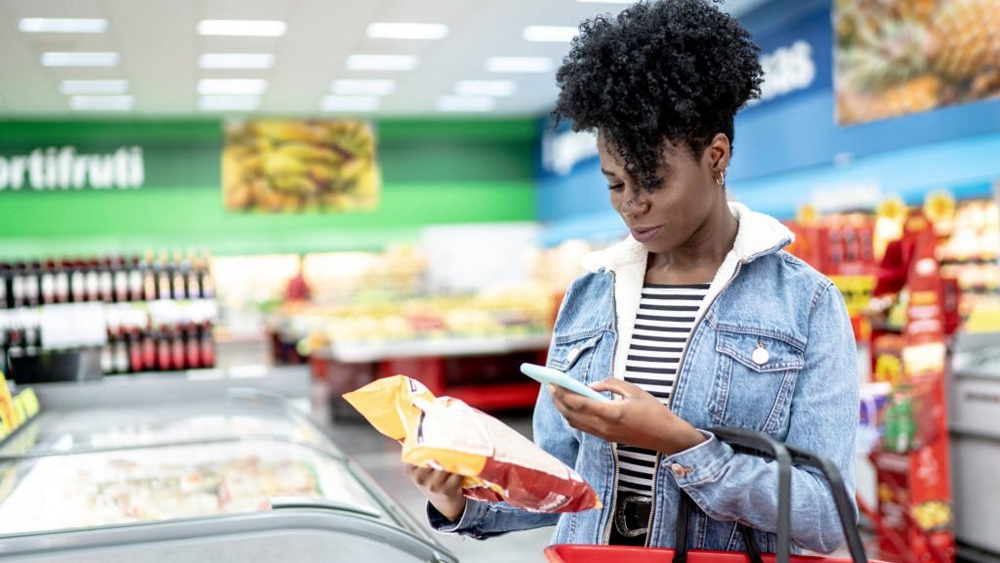
Who is a digital nomad?
May 31, 2022
How to affiliate with a brand?
June 21, 2022Retail branding is an important part of any retail business. It tries to make sure that retail brands make a lasting impression on customers so that they keep coming back. Not only does it leave a lasting impression on shoppers, but it also tells your customers and clients what to expect from your retail brand. The retail business is very competitive and focused on the customer, so the most successful companies make sure they have a long-term plan for retail branding.
Recognizing and utilizing retail branding
Much of the labor in retail is done before customers go shopping online. A brand’s message has already been heard by the time it reaches that point. Many of these businesses will have been able to keep their customers happy and return again and again. For global retail brands, the issue is to fulfill their customers’ expectations no matter where their items are sold. This is made feasible by the branding management system. It allows organizations to consistently duplicate a single campaign, promotion, or new model launch throughout all of their regions, all from a single central platform. Brands and consumers are not affected by sharing digital assets like templates and marketing material.

The advantages of retail branding
Developing a strong brand can help a retailer achieve long-term success by giving them the following advantages:
- Because an existing retail brand serves as an anchor for brand associations, it enhances brand recognition and distinctiveness from the competition.
- Strong retail brands make it easier for customers to make purchases because they are already familiar with the retailer, so they don’t have to look up things like selections, prices, service, and so on. The perceived danger of purchasing from a well-known retail brand is likewise reduced.
- Brand recognition has a halo effect. Having a favorable view of the brand as a whole has a positive effect on the perception of individual tributes to the brand. A virtuous cycle can be formed if these evaluations have an impact on the general attitude.
- Brands that are well-known and well-recognized can also be used as symbols. Each of them embodies different ideas, features, and attributes. Consumers can project their own self-image to themselves and others by shopping at a particular retailer.
- If a retail company operates in multiple market segments, diversified marketing with different retail brands allows each market segment to be approached with a tailored strategy. Each retail brand can establish its own image without having to deal with contradictory image transfers, making cannibalization less likely. On the other hand, a well-established brand might serve as a springboard for future growth. This is already happening when businesses open new locations that come pre-loaded with a particular brand identity. The advantages of franchising systems, in which the retail brand is handed to independent shop owners, are clearly illustrated.
- Additionally, having a strong retail brand allows for the expansion of product lines. Regardless of product design, when a store uses its image in one product area to grow into other categories, it is expanding its branding through the market, which will result in luring more customers to the company.

Retail branding for your company
It’s possible that your business doesn’t have an e-commerce division. Additionally, it’s crucial to point out that B2B firms and other industries can use many retail branding techniques. Businesses of all sizes must adapt to the quick pace of change in the world of customer involvement. In order to match consumer expectations and avoid brand dilution, our branding team in Vancouver is prepared for ongoing improvement and adaptation of your company to reach a successful branding strategy.




